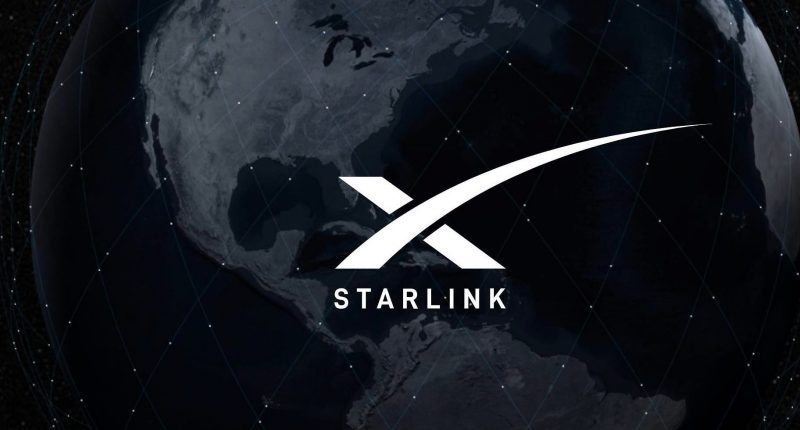Elon Musk is facing one of his most significant legal challenges yet, this time in Brazil. The conflict, which has rapidly escalated over the past few months, pits Musk against Brazil’s Supreme Court and its outspoken Justice Alexandre de Moraes. This time, X – the popular microblogging site – is expected to be blocked in Brazil, even as a judge has blocked Starlink’s bank accounts in the country.
The origins of this legal showdown trace back to a series of actions taken by Justice Alexandre de Moraes, who has been leading efforts to combat misinformation and hate speech in Brazil. Moraes, who has increasingly become a central figure in the country’s judiciary, has made it clear that he views the unchecked spread of disinformation on social media platforms as a direct threat to Brazil’s democratic institutions. In this vein, he has issued numerous orders aimed at suspending or blocking social media accounts that allegedly spread false information, many of which are linked to supporters of former President Jair Bolsonaro.
Subscribe to TP Daily for updates on the latest and greatest in Tech
Elon Musk, the owner of X (formerly known as Twitter), has positioned himself as a staunch defender of free speech. Since acquiring the platform, Musk has frequently clashed with various governments and regulatory bodies over what he perceives as undue censorship. In the case of Brazil, Musk has been particularly vocal in his criticism of Justice Moraes, whom he accuses of overstepping his judicial authority and infringing upon the rights of individuals to freely express their opinions online.
The conflict escalated significantly when Justice Moraes ordered the freezing of bank accounts belonging to Starlink, Musk’s satellite internet provider, in Brazil. Starlink, which serves approximately 250,000 customers in Brazil, now finds itself unable to conduct financial transactions in the country. Starlink’s response to the court’s actions was swift and defiant. The company issued a statement condemning the freezing of its assets as unconstitutional and argued that it should not be held liable for fines levied against X, which it sees as a separate legal entity.
“This order is based on an unfounded determination that Starlink should be responsible for the fines levied—unconstitutionally—against X,” Starlink announced in a post on X. “It was issued in secret and without affording Starlink any of the due process of law guaranteed by the Constitution of Brazil. We intend to address the matter legally.”
In response to X’s failure to comply with the Brazilian judiciary’s demands, Justice Moraes issued an ultimatum: the company must appoint a legal representative in Brazil within 24 hours or face a potential ban from operating in the country. This ultimatum followed X’s earlier decision to close its offices in Brazil, citing concerns over the safety of its employees and resistance to what it described as judicial overreach. For now, X has refused to comply with the court’s demands, making it clear that it will not acquiesce to what it views as illegal and unconstitutional demands. In a public statement, X announced its intention to disclose the court’s orders, framing the issue as one of transparency and the right to free speech.
The Tech Portal is published by Blue Box Media Private Limited. Our investors have no influence over our reporting. Read our full Ownership and Funding Disclosure →






